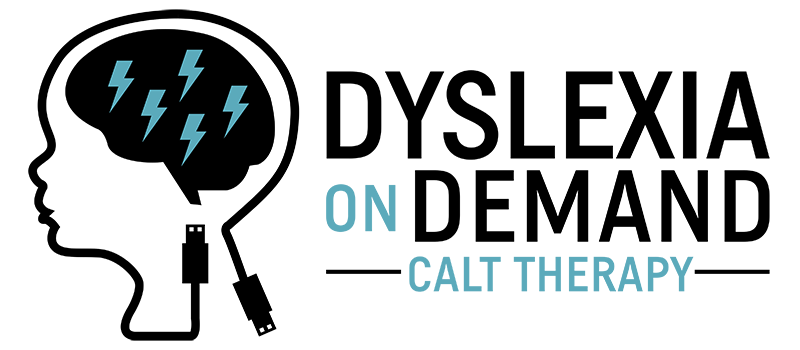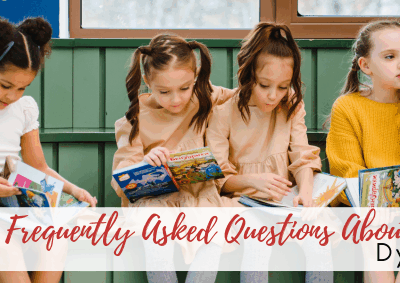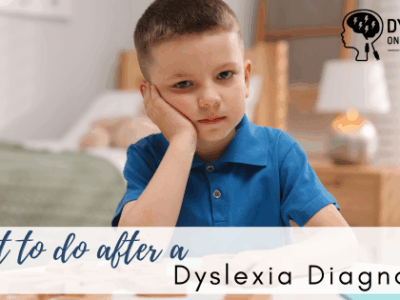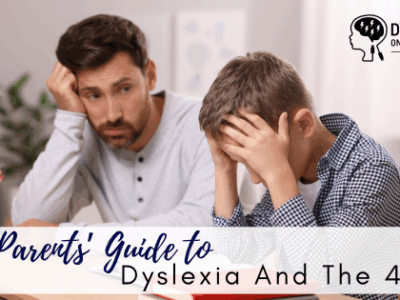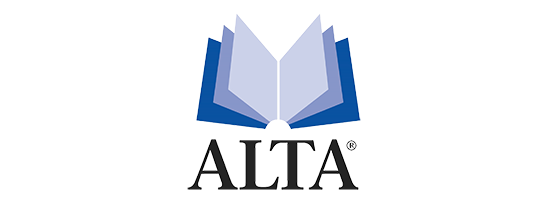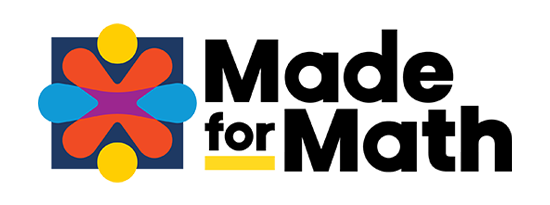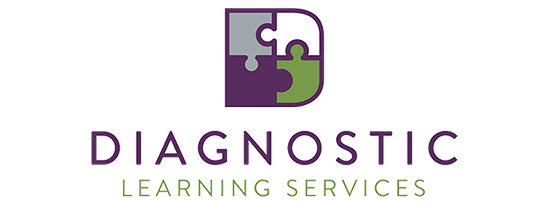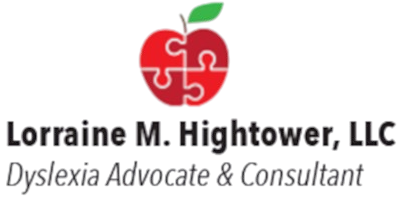ADHD and Dyslexia: The Comorbid Condition
Two deficit areas run hand in hand with dyslexia: speech issues and ADD/ADHD. They go together like peas and carrots. According to the Centers for Disease Control and Prevention (CDC), between 50 and 60 percent of people with ADD/ADHD also have a learning disability, with dyslexia being the most common. In fact, an estimated 40% of students with dyslexia have a comorbid condition of some form of Attention Deficit Disorder. From my personal experience as a dyslexia professional, I feel that percentage is much higher. Or maybe that perception results in the fact that kiddos with both disorders struggle that much more intensely that parents are seeking the most in-depth intervention for dyslexia available. ADHD and dyslexia can co-exist. Although one disorder does not cause the other, people who have one often have both.
In fact, their symptoms at times can be similar, making it hard to figure out what is causing the behavior you are seeing. Both dyslexia and ADD/ADHD have several overlapping symptoms such as information-processing speed challenges, working memory deficits, naming speed, and motor skills deficits. For this reason, it is extremely easy to mistake dyslexic symptoms for ADHD. Sadly, it is not uncommon for parents to hear from school administrators that they wont test for dyslexia until the attention issues are controlled. This, by the way, is not acceptable and would be a great opportunity to find third party involvement. According to the International Dyslexia Association, ADHD and dyslexia can both cause people to be “dysfluent readers.” They leave out parts of what they are reading. They get tired, frustrated, and distracted when they try to read. They may even act out or refuse to read.
ADHD and dyslexia both make it hard for people to understand what they have read, even though they are quite intelligent and often very verbal.
When they write, their handwriting may be messy, and there are often problems with spelling. All of this can mean they struggle to live up to their academic or professional potential. And that sometimes leads to anxiety, lower self-esteem, and depression.
But while symptoms of ADHD and dyslexia overlap, the two conditions are different. They are diagnosed and treated differently, so it is important to understand each one separately.
Differences and similarities between the two conditions include:
· Dyslexic students who have not been diagnosed with ADHD will exhibit concentration and attention problems, primarily with reading demands but generally not in other situations. For individuals with ADHD, attention is low in any unstimulating environment or task.
· Generally, those diagnosed with dyslexia are better at auditory processing than those with ADHD.
· Those with ADHD and/or dyslexia are at high risk for self-esteem issues. · According to the International Dyslexia Association, readers with dyslexia sometimes misread words, and they can have trouble with reading accurately.
· Readers with ADHD, on the other hand, do not usually misread words. They might lose their place or skip paragraphs or punctuation marks.
There are many gifts that come along with the ADHD/dyslexic brain. However, these gifts are fully expressed only when the pitfalls are accurately assessed and treated. Whether you choose to medicate ADHD or explore alternative treatment methods is specific to every parent, but dyslexia specifically needs to be treated with a research and evidence based, systematic, explicit, multisensory, Orton Gillingham based, therapeutic approach such as Take Flight or Basic Language Skills delivered exclusively by a Certified Academic Language Therapist. To find a Certified Academic Language Therapist, visit Dyslexia on Demand, http://dyslexiaondemand.com/
